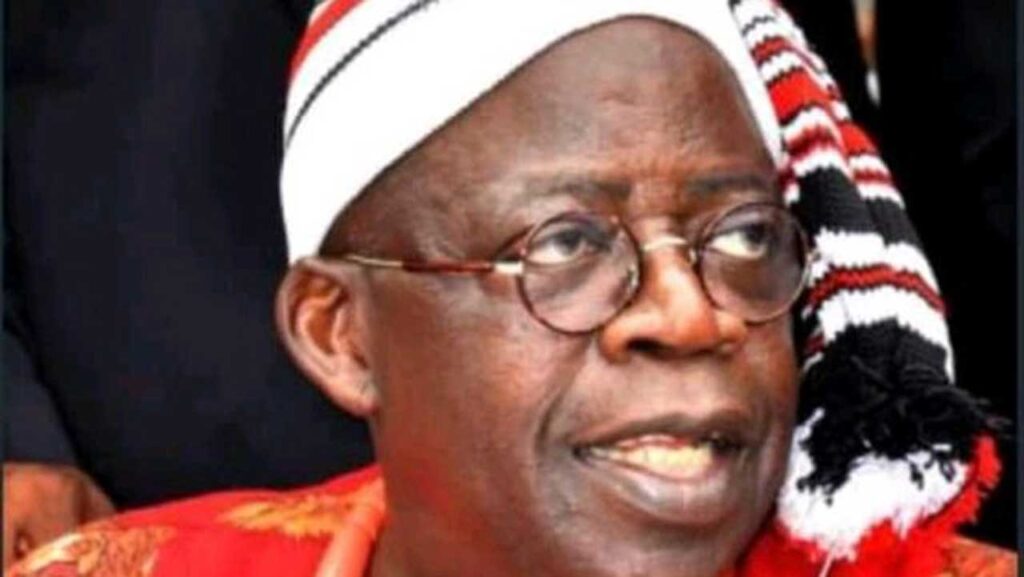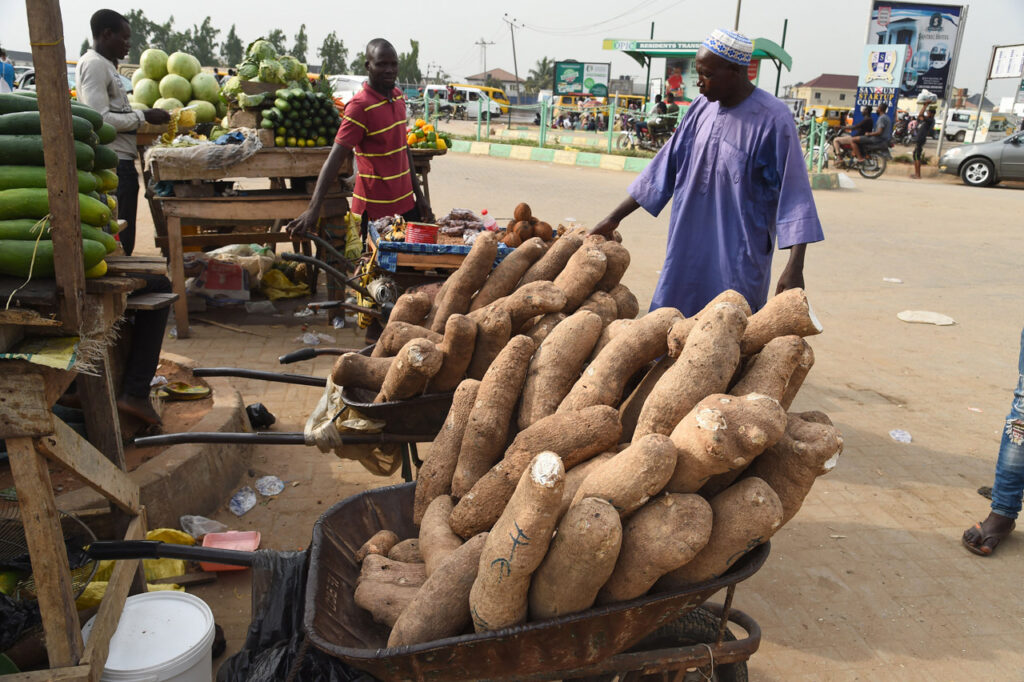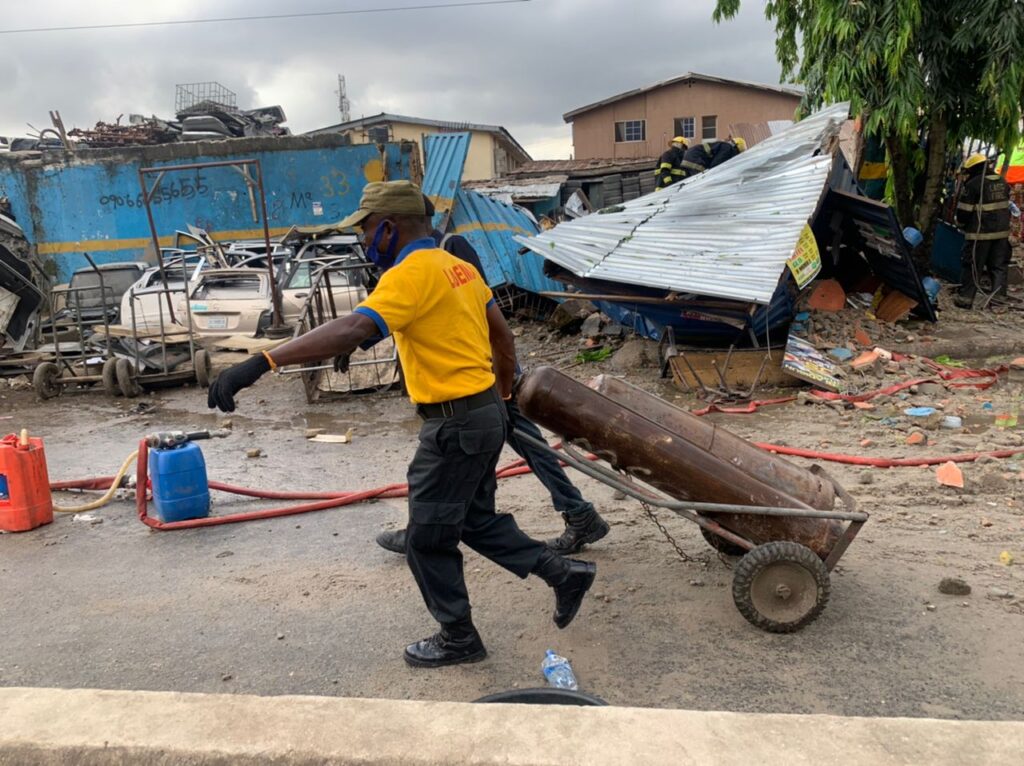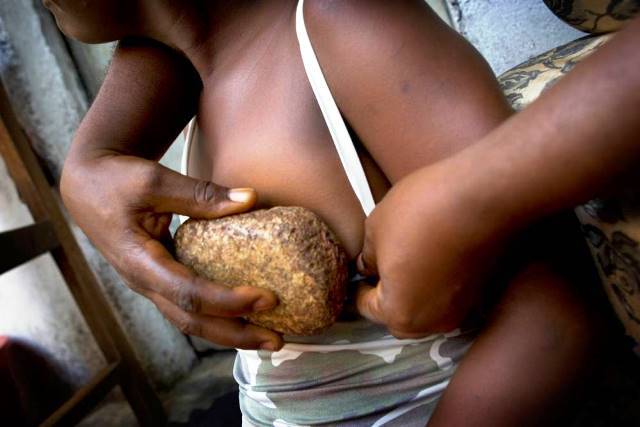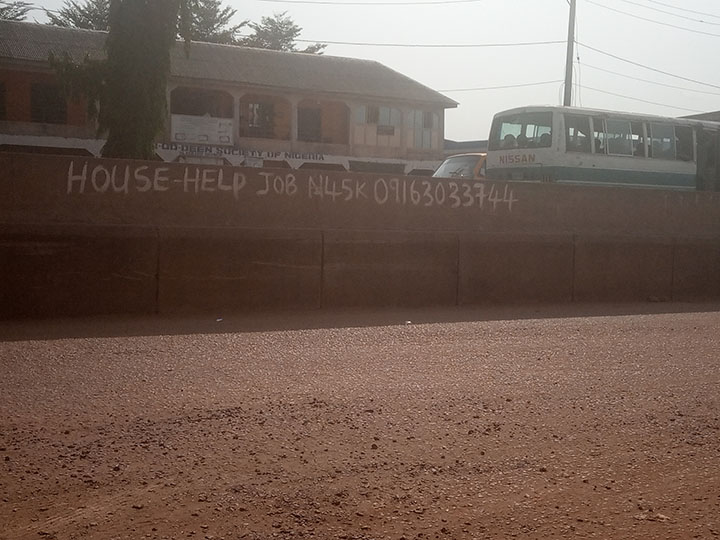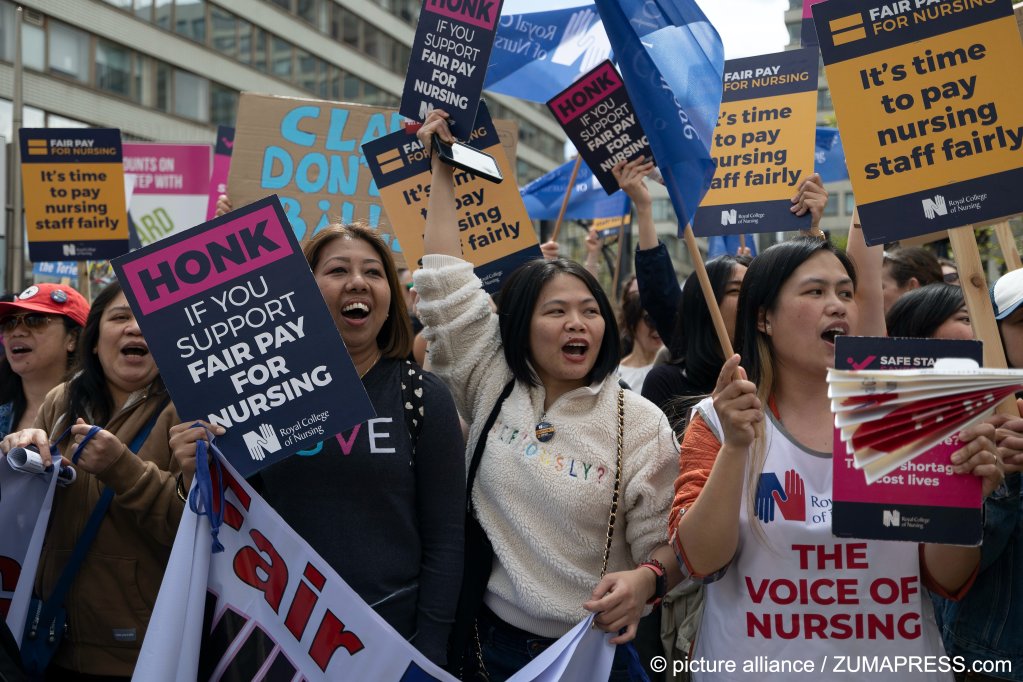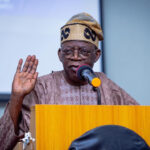 As President Bola Ahmed Tinubu settles down to work, alongside the newly inaugurated and other governors in the South East geo-political zone, all eyes are on them to see how they would join forces to end the restiveness in the region that has ensured that offices, businesses and schools are closed every Monday, amid killings and destructions, to the detriment of residents, writes LAWRENCE NJOKU, Southeast Bureau Chief
As President Bola Ahmed Tinubu settles down to work, alongside the newly inaugurated and other governors in the South East geo-political zone, all eyes are on them to see how they would join forces to end the restiveness in the region that has ensured that offices, businesses and schools are closed every Monday, amid killings and destructions, to the detriment of residents, writes LAWRENCE NJOKU, Southeast Bureau Chief
The quest for the restoration of the Biafra republic has become almost a singsong for young people of Igbo extraction. Although it has created pains, claimed lives and property, and continues to impact negatively on the economy of the region, its proponents insist on the feasibility of the project.
Even with the onslaught by security officials from time to time against the promoters of the project, Biafra enthusiasts, who include young men and the elderly, openly give passionate lectures about the realisation of the project.
Their optimism and near implicit confidence often covers all eventualities, including the prospect of war, telling you how ready and equipped they are for just that. They will also tell you how the Federal Government has been dragged to an international court over the case of the detained leader of the Indigenous People of Biafra (IPOB), Nnamdi Kanu, and how he would soon be released.
Now that President Bola Tinubu has been sworn in, against their expectations, the lectures have changed to an ongoing dialogue to ensure Kanu is freed as part of the agreement reached for Tinubu to be sworn in as president. Daily, there is increasing optimism among them that the realisation of the project is nearer now than before.
Since the declaration of republic of Biafra by the late Dim Odumegwu Ojukwu that led to the civil war fought between 1967and 1970, struggle for the restoration of Biafra has continued to feature in various discussions in the Southeast. To underline the need for the restoration, Chief Ralph Uwazuruike had teamed up with others to form the Movement for the Actualisation of Sovereign State of Biafra (MASSOB), stressing that it would help to galvanise the support and required pressure expected to move government into carving out the republic.
Allegations of corrupt enrichment and abandonment of the objectives of the struggle against Uwazuruike led to the emergence of other splinter groups. While the Biafra Zionist Movement (BZM) was formed and led by Benjamin Onwuka, others left behind in MASSOB drove Uwazuruike away and pronounced Uchenna Madu as their new leader.
Not satisfied with developments in MASSOB, Nnamdi Kanu and others regrouped and set up the IPOB, with the pledge to focus on the realisation of Biafra as the nucleus of the group.
The emergence of this group changed the pattern of the struggle. Soon, orders and counter orders were being dished out to hapless residents against the activities and programmes of government, which they were expected to comply with. While the orders and counter orders were being issued, the IPOB moved a step further to set up its security arm, the Eastern Security Network (ESN), which it allegedly armed to provide security in the region.
The group had stated that the ESN was borne out of the refusal of the governors in the region to create a local security outfit that could check infiltrations, attacks and killings by marauding herdsmen.
Apparently viewing the action of the group as a direct attack, the Federal Government had gone to court to secure an order proclaiming the group as a “terrorist organisation” and urging its members to drop their agitations or face the consequences.
Matters got to a dangerous dimension when Kanu’s residence at Afara Ukwu, Umuahia, Abia State, was invaded by soldiers, who in a failed attempt to arrest him, destroyed several property at the place. Kanu had luckily escaped, but his arrest in 2021 in Kenya and extradition to Nigeria to continue to answer to his alleged criminal deeds added fresh dimension to the struggle.
A statement released a few days after his arrest by the Media and Publicity Secretary of the IPOB, Emma Powerful, had declared total shutdown every Monday in the region as well as any other day Kanu would appear in court “until he is unconditionally released.”
Leaders of the region, who felt that the order might choke the economy and the wellbeing of the people, had appealed for its review. Indeed, those who issued the directive promptly reviewed it, asking the people to continue with their normal businesses on Mondays but insisted that they must observe a sit-at-home any day Kanu would appear in court as a mark of solidarity.
However, the directive did not go down well with the splinter members of the IPOB led by Simeon Ekpa, who insisted that the Monday sit-at-home remains in force as long as Kanu remains in detention. Ekpa, it could be recalled, had broken away from the Kanu group after he was allegedly relieved of his directorship role at Radio Biafra. His group has continued to issue contrary orders in the zone and declare sit-at-home at will in the region. At each occasion, they threaten to deal with anyone found to violate the directive.
To buttress its seriousness about the directive, armed members of the group were mobilised to enforce it. Several innocent residents were either felled by bullets fired by these men, tortured or had their property destroyed as the group seeks to ensure total compliance with the directive.
With the level of fear they have instilled in the people and the volume of blood that had been shed on Mondays, no one dares to do business early enough on Mondays these days, even though the Kanu group has continued to announce that the exercise has been cancelled. Thus, economic and social activities have remained low every Monday in the Southeast region and any other day splinter agitation groups declare as sit-at-home in the region.
As it is, there are weeks that schools, markets, banks and offices open for just twice or three times in the zone against what is obtainable in other parts of the country. The way the situation is, it may not be out of place to declare the zone as one with parallel governments and hapless residents appear to have accepted the situation as part of their sacrifice for the restoration of Biafra republic.
Intervention Efforts
Part of the efforts by some of the immediate past governments in the region to stop the Monday sit-at-home included halting salaries of civil servants who did not come to work, sack and taking over businesses of individuals who refused to open on Monday. While the tactic worked partially in Ebonyi State, it failed in Imo, Anambra, Abia and Enugu states. In Enugu, the government continued to issue circulars directing workers to report to duties on Mondays, but beat a retreat when it noticed that banks, transporters and markets do not open for businesses.
Governor Charles Soludo of Anambra State, who assumed office in March last year, had vowed to end the Monday sit-at-home in the state, lamenting that huge revenues were being lost to the exercise even as businesses were migrating out of the region to other parts of the country.
He had invited the Biafra agitators to a meeting and directed the workers to resume in the state. He had also held a meeting with market leaders where a decision was reached to open markets for businesses on Mondays. But little did he know that he was inviting trouble to the state as no sooner had those meetings been concluded than bullets began to ooze from the guns of the adherents who felt that the Monday order must still be maintained. Local government headquarters in the state became the target of attacks; officials of government, security officials and security set ups, among others, also received the heat from the activities of the group.
 At one of their meetings, the Southeast Governors’ Forum reached a decision on how to secure the region through a joint security effort and also called on the IPOB to sheathe their sword but all were to no avail.
At one of their meetings, the Southeast Governors’ Forum reached a decision on how to secure the region through a joint security effort and also called on the IPOB to sheathe their sword but all were to no avail.
So, while businesses and other activities boom on Mondays in other parts of the country, in the Southeast, the day provides a platform for residents to hold meetings, play football and drink away the rest of the day.
A development expert, Chijioke Nnamani, however insisted that the Monday sit-at-home had thrived because the governors and leaders of the zone felt unconcerned.
“The economic difficulty brought by the sit-at-home on Mondays in this region is enormous. If you are the type that is observant, you will discover that closure time for schools now have been extended; you will discover that some of them even extend classes to Saturday because they want to cover their scheme of work. We now have a situation where the children no longer have breaks in school. That is not good at all. I am seriously asking the new government in the country and the states to combine efforts and find ways of solving this problem in the Southeast region,” he stated.
A marketing consultant, Ikenna Modebelu, also stated that the Monday sit-at-home had continued to affect businesses in the region, stressing that, “while the employees are happy to stay away from work, the employers are lamenting the hardship in meeting their responsibilities.”
Modebelu stated that the value of Monday was far higher than any other day of the week in the zone, stressing that the new government should address the anomaly. He also lamented that businesses situated in the region were relocating to neighbouring states like Rivers, Cross River and Delta states due to the restiveness.
On the way forward, the Executive Director of Civil Liberties Organisation (CLO), Comrade Ibuchukwu Ezike, stated that the imbalance in the federation has fueled agitations especially in the Southeast region, stressing that government must address those issues that have created the agitations to move the zone and entire country forward.
Ezike said: “In every society, there must be people who are unhappy with the system, except if the system changes and begins to do what the people want. Why would people want to die? Why would anybody want to get involved in a struggle where he or she can sustain injuries? Nobody wants that; it is the type of governance that those in power give that the people will want to agitate against. Those of us who fought the military administration are in regret today based on our realisation that the civilian administration has become more corrupt than the military.
“In the case of the Southeast, several years of injustices have been the cause. The Southeast is treated as if they are not part of Nigeria. There is no international airport, no seaport, yet we are one Nigeria. If you are travelling from Lagos to the East, you see several roadblocks by security forces, which not only extort but also ensure that the goods being brought into the zone are destroyed or delayed. You don’t allow them in politics; you don’t allow them to do their businesses. The Igbo people have the least number of local governments and least number of states. The last administration did not include any Igbo man in the security council, which means tomorrow they can wake up, sit and say they are going to eliminate all the Igbo people from the surface of the earth and they will achieve it because there will be no Igbo ear that will hear it. Those elected here have never taken into account the welfare of the young men and women.
“What I think the new government should do is to dialogue with the agitating youths. There is a need to engage them in productive ventures so that they can leave the streets. Alex Otti is a man of the trenches; he can rally round other governors to pull ideas on how to solve the problem. He lives in Aba and should understand the issues better than any other governor in the region. I was at the national conference and there we agreed on several issues that will help the country. So, why are we running away from implementing decisions that should help our people? Why can’t we have farm settlements to engage our young people? Our education has collapsed and we need to rejig it.”
Also speaking, National leader of MASSOB, Uchenna Madu, admonished the new leadership of the country to immediately start building sincere and progressive bridges of unity, religious tolerance and ethnic/tribal harmony across the geopolitical regions of Nigeria.
Madu also advised Southeast governors to sincerely commence an engagement of the progressive, eloquent and selfless Igbo traditional rulers, key political and religious leaders for the overall interest of Igbo land in building a sure and effective unity that would spur economic progress and reduce gross insecurities in the area.
He said: “MASSOB members are committed; consistently and uncompromisingly agitating for an independent state of Biafra from Nigeria. Nothing can deter or stop MASSOB from agitating for the self-determination of Biafra.
“Biafra is the answer to the numerous subjective slavery Nigeria subjected Ndigbo into, ranging from political, economical, academic, religious, cultural and social slavery.
“Today in Nigeria, true nationhood has remained stillborn. Peace, justice and equity have remained elusive to Nigeria; hence it remains in perpetual strife and increasing crises since her independence.
“These undeniable realities are the reasons the Nigerian State is afraid of Biafra, which represents the truth they cannot legitimately counter.
“Biafra speaks of the truth Nigeria knows they are guilty of. So out of weakness, jittery and fear, Nigeria resorts to repressions, persecutions, killings and detention of Biafra agitators.”
For the National President of the Coalition of Southeast Youth Leaders (COSYEL), Goodluck Ibem, people don’t just start agitating, stressing that “something must have touched the pot before it fell from its position.”
He said: “What the Federal Government needs to do urgently to restore peace and stop agitations is to stop marginalisation of the people of South East (Ndigbo). The marginalisation and outright insult, deprivation of political rights and privileges by the All Progressives Congress (APC) since 2015 till date is so pronounced and glaring for even the blind to see. Ndigbo are not seen as part of Nigeria, which is very saddening and disheartening.
“From 2015 till date, no Igbo man has been appointed a security chief in the country even when we have eminently qualified security personnel; well trained, educated and experienced officers in the service to man such positions. Those who are due for such positions are retired to pave way for northern officers to be appointed service chiefs. This broad daylight manipulations and illicit acts by the Federal Government make room for agitations in the country.
“The nation was established on a tripod which is North -Hausa/Fulani; South East – Igbo; South West – Yoruba. But the APC upon assumption of power in 2015 blatantly decided to throw away the arrangements made by our founding fathers, which have kept us together in peace as a nation.
“Presently, the President is from the South West and the Vice President is from the North. The next in line to take the position of the Senate President is the South East, which the youths of Southeast have presented Senator Orji Uzor Kalu as their consensus candidate for the position. ”
“Before now, the APC presented a proposal, micro-zoning the position of the Deputy Speaker, which is the seventh position in the hierarchy of power to the Southeast mainly to insult us as a people, which we vehemently rejected.”
He continued: “The Federal Court of Appeal unconditionally released Mazi Nnamdi Kanu, the leader of IPOB, from DSS custody and the Federal Government blatantly refused to obey the court judgment because he is an Igbo man. The Federal Government should release Kanu to calm down frayed nerves and to restore peace and security in the South East.
“Militarisation and killing of our innocent youths must stop; it is one of the root causes of restiveness and agitations in the zone. For instance, we have 30 military and police checkpoints from Aba in Abia State to Port Harcourt, the capital of Rivers State. From Abia to Owerri and from Owerri to Onitsha we have 65 checkpoints; all extorting motorists, and some checkpoints will order motorists, which include old men and women of over 90 years of age, to come down from their vehicles and walk through the checkpoints.
“If a child is treated fairly the same way with her siblings, there will be peace and harmony in the family. The peace of the nation is in the hands of the federal and state governments. Let them do the right things.”
Board Chairman of Nzuko Igbo, Mazi Chuks Ibegbu, however, observed that there was need for the new government in the region to work with the leadership of Ohanaeze Ndigbo to address nagging issues that can bring peace to the region.
Ibegbu noted that the current leadership of the apex Igbo organisation, which has Chief Emmanuel Iwuanyanwu at the helm, has a programme that could help to reduce the tension in the region if well implemented, stressing that the agitation has festered in the region because governors had played politics with issues affecting the people.
“All they were interested in is their pocket and those of their friends and nothing more; otherwise tell me why governors who represent the Igbo find it difficult to stay together and discuss the welfare of those they represent? There is a governors’ forum that never met for over a year even when the zone was burning. So, it is a wake-up call for the newly sworn in governors to mobilise their colleagues so as to jointly tackle the challenges of the Southeast. We know the problem and the problem is that there are no jobs. There are no opportunities for any youth in this side of the country; we know there is no infrastructure. That is why they are running away. These agitations will stop when we are ready to do the needful,” he said.
He stressed that it is the responsibility of the new government to change the current order of things or live with it.
Ibegbu, a former spokesperson of Ohanaeze Ndigbo, also said the new administration of the country should live above board by insisting on those things that unite the country, stressing that the immediate past administration led by former president Muhammadu Buhari took ethnicity and religion to a dangerous dimension that drew a sharp knife on the future of the country.
“Let us find a way to balance the polity in a way that will benefit all and sundry. Whatever you think should delight the South, should also be replicated in the North and vice versa. When you do this, there will be less acrimony and you will have the opportunity to govern effectively,” he stated.
.

